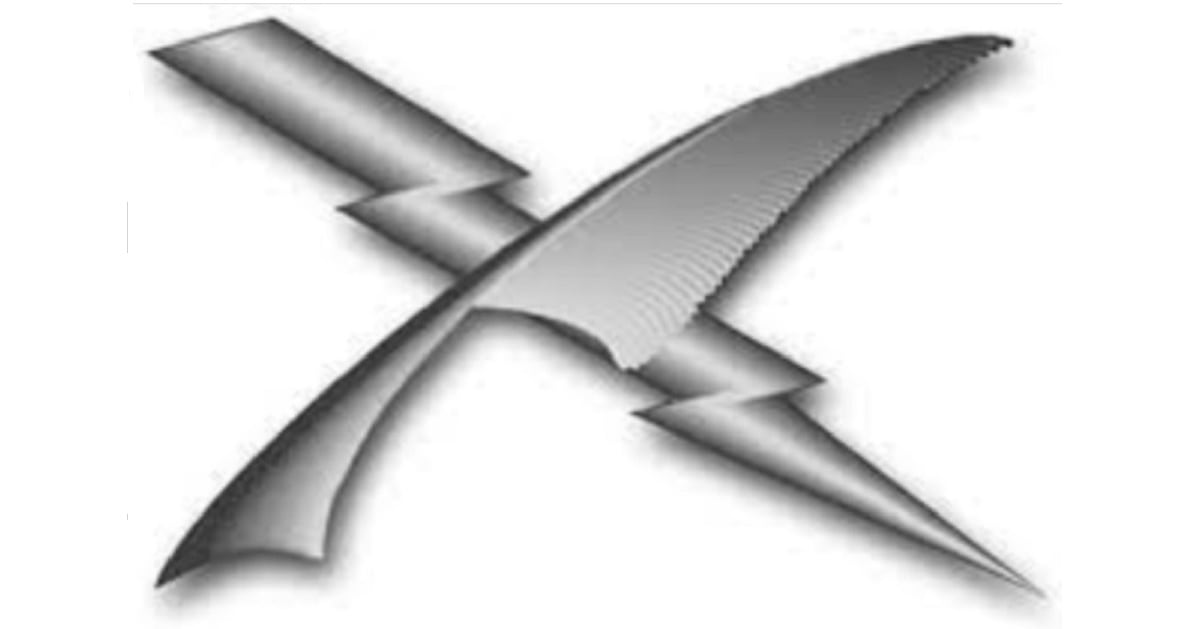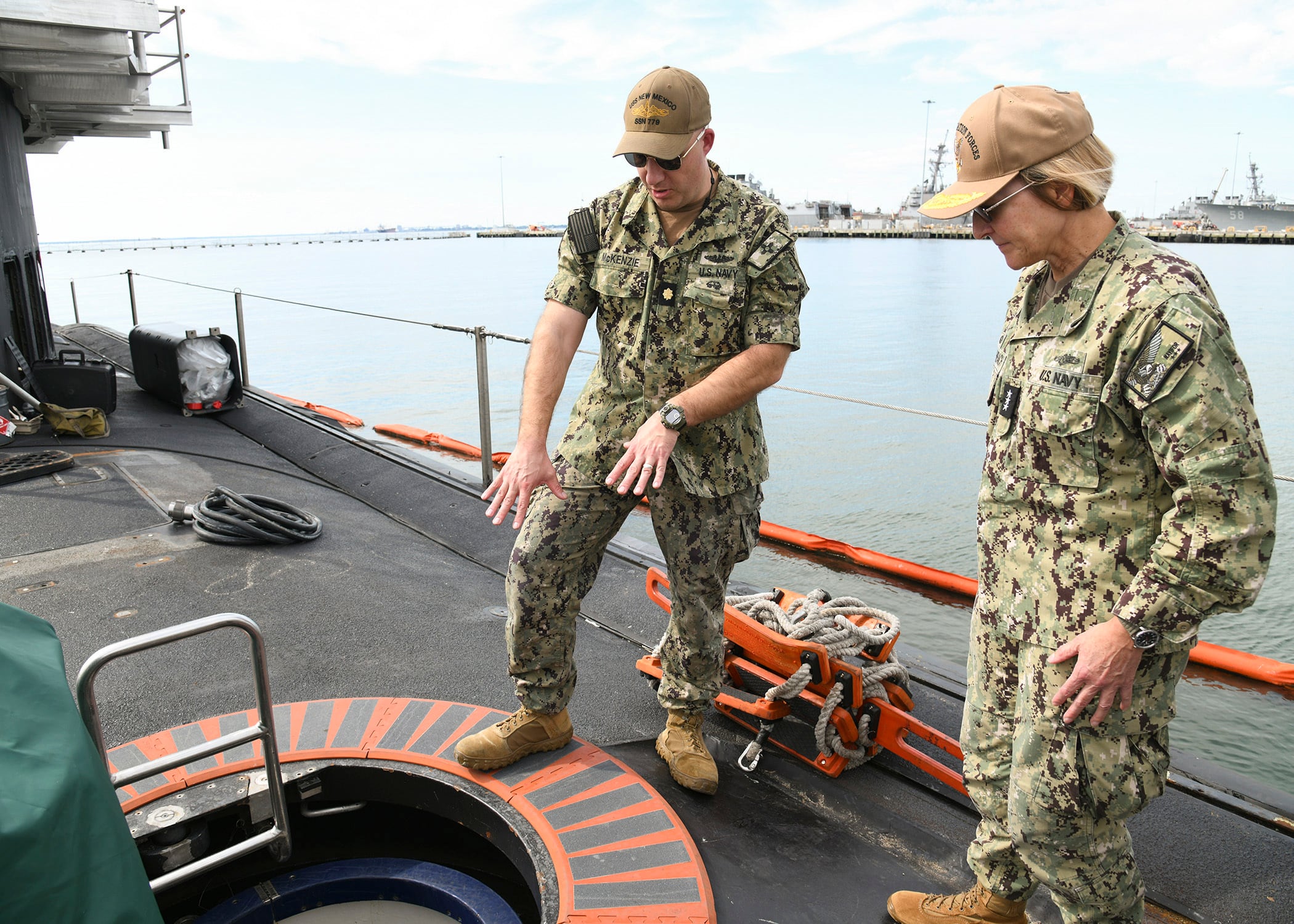The Navy unveiled a new cyber warfare technician rating and cyber warfare designator for the officer community as the service aims to address cyber threats more effectively.
Those serving as Maritime Cyber Warfare Officers and in the cyber warfare technician rating will focus on both offensive and defensive cyberspace operations, and initially will draw from Information Warfare Officers and sailors serving in the Cryptologic Technician-Networks rating, who currently carry the bulk of the Navy’s cyber role.
The new designator and rating are intended to streamline cyber responsibilities and capabilities more efficiently, Vice Adm. Kelly Aeschbach, commander of Naval Information Forces and the Navy’s Information Boss, told reporters Friday.
“The Maritime Cyber Warfare Officer is really going to take the offensive and defensive operating components out of those two designators and provide us with someone who can focus full time on how we maneuver on the net,” Aeschbach said. “And they will lead teams that are delivering our capabilities that are hunting forward…through cyber commands techniques on how we protect our interests.”
“That will alleviate the demand we were putting on other designators that already have really tremendous responsibilities,” Aeschbach said.
RELATED

Aeschbach said that those in the new rating and designator would predominantly be assigned to shore billets such as staff positions and leadership positions, and instructor billets. However, she said there would be increased opportunities to serve at sea as both the rating and designator mature.
Applications for redesignation for officers are open for the next 90 days as part of a lateral transfer for Information Warfare Officer qualified line officers with documented cyber-focused training. Redesignation applications from all communities will commence in February 2024.
“We also will start taking direct accessions next year, where we will have quotas at the Naval Academy, across the NROTC, and also for Officer Candidate School,” Aeschbach said. “So we can also afford new folks coming in the Navy the opportunity to compete to go directly into the designator.”
The Navy is aiming to fill approximately 300 officer billets for the new designator over the next two years, with the possibility of expanding to up to 500 billets over time, Aeschbach said.
RELATED

“It’s going to be just a lot of discussion in terms of mentoring, how we advise folks, whether they’re good candidates, and how we get this initial group of officers established by the end of the year, so we can start focusing on their identity…and the kind of training they need to excel over time,” Aeschbach told reporters.
Meanwhile, the new enlisted rating will absorb all the billets and personnel assigned to the Cryptologic Technician-Networks rating, accounting for more than 2,000 sailors. Given that more than 90% of the work sailors assigned to the CTN rating conducted was already classified as cyber, Aeschbach said the new rating more accurately describes the cyber roles that those assigned to the CTN rating were already completing.
But, the service guaranteed that doing so will not negatively impact the careers of those in the CTN rating.
“During the process of establishing the CWT rating, we have been committed to a ‘do no harm’ approach to CTN Sailors,” NAVIFOR Force Master Chief Laura Nunley said in a Navy news release. “No Sailor’s advancement opportunity or Selective Reenlistment Bonus (SRB) will be affected by this rating establishment. All rating specific incentive pays currently entitled to CTN Sailors will be awarded to CWT Sailors.”
Nunley told reporters Friday that the Navy is examining ways to expand opportunities for sailors to cross-rate into the CWT rating, as well as recruiting efforts to bring new sailors into the rating.
Creating the cyber warfare technician rating stems from requirements included in the National Defense Authorization Act approved in December 2022, and was crafted with input from leaders within the CTN rating, Nunley said.





